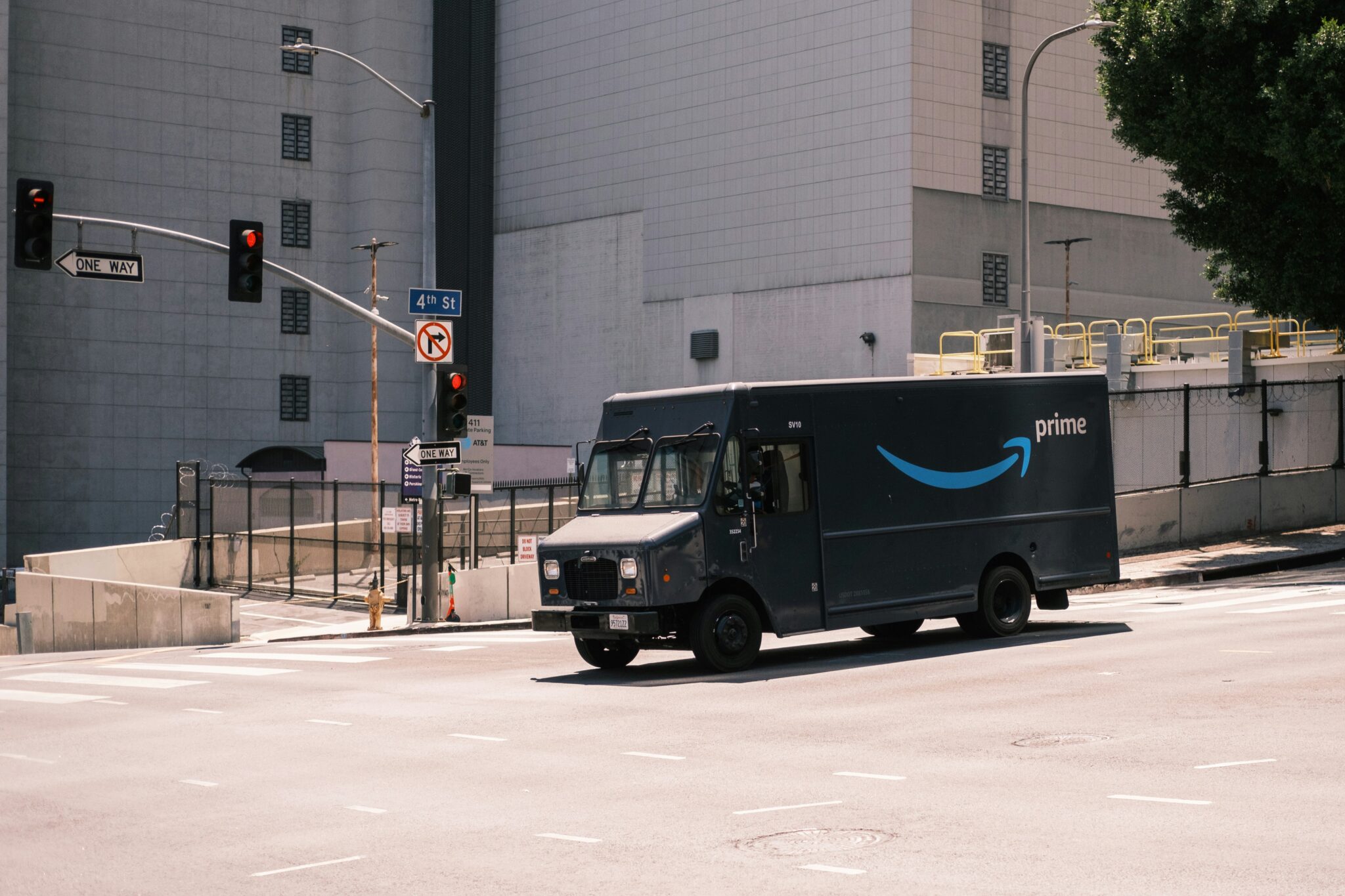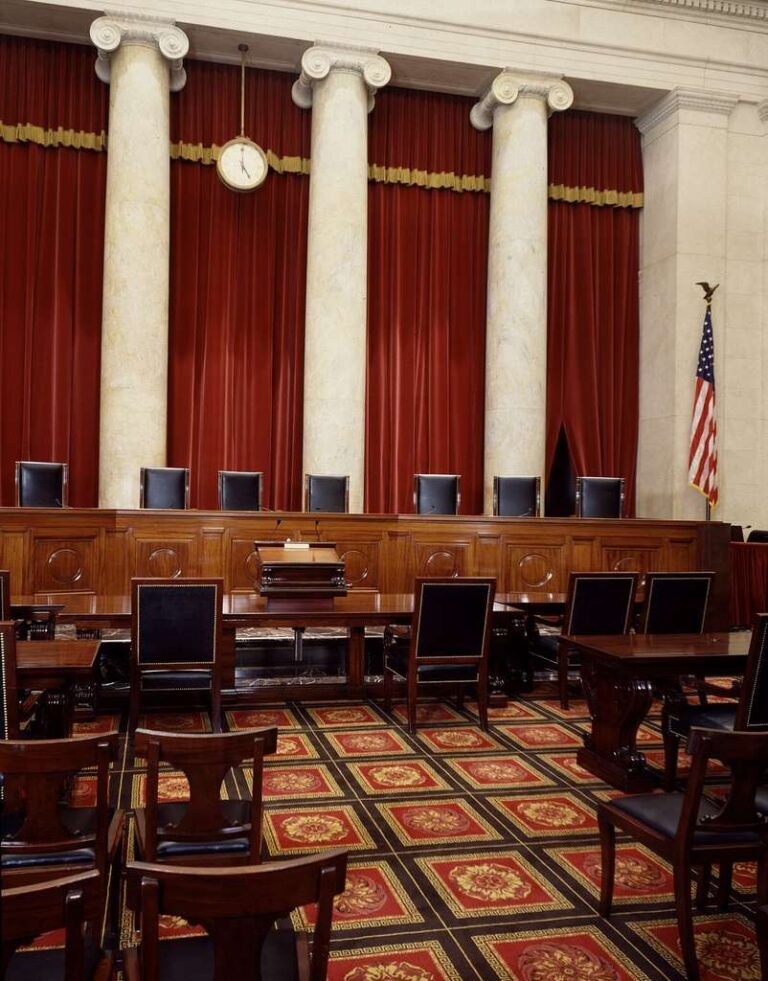
John Fry is a student at Harvard Law School.
Amazon is the latest major employer to respond to Unfair Labor Practice charges by claiming that the National Labor Relations Board is unconstitutional. The company is accused of unlawful discipline against pro-union workers at JFK8, a Staten Island warehouse where the Amazon Labor Union won a historic victory in April 2022. In response, Amazon not only denies the election result—which it has spent the last 22 months trying to overturn—but also joins corporations like SpaceX and Trader Joe’s in their efforts to dismantle the NLRB.
Amazon goes further than merely recycling other employers’ constitutional arguments—in a novel move, the company also says the charges against it “implicate the Major Questions Doctrine and associated principles of non-delegation.” The Supreme Court has been unclear about the exact meaning of the major questions doctrine, but it effectively requires Congress to speak clearly before agencies can decide questions of great economic or political significance.
Congress did exactly that in the National Labor Relations Act: Section 10(a) empowers the NLRB to “prevent any person from engaging in any unfair labor practice” and declares that the NLRB’s “power shall not be affected by any other means of adjustment or prevention.” For this reason, the Court has consistently upheld the NLRB’s authority to interpret and enforce the NLRA since 1938.
But recent cases suggest that Amazon’s tactic isn’t so far-fetched after all. When the Supreme Court barred the Secretary of Education from cancelling student loan debt last year, Justice Kagan accused her colleagues of “[moving] the goalposts for triggering the major-questions doctrine.” In a prescient dissent, she speculated that the ill-defined doctrine could be used to prevent any agency from doing its job: “Who knows—by next year, the Secretary of Health and Human Services may be found unable to implement the Medicare program.” Five months later, the Fifth Circuit invoked the major questions doctrine to overrule the NLRB’s decision about union t-shirts.
If the major questions doctrine is simply a tool of deregulation, then Amazon’s attack might succeed. The company’s allusion to “principles of non-delegation” is crucial. The non-delegation doctrine has not been used to invalidate a federal law since 1935. But Justice Gorsuch has argued for its revival, hinting that the major questions doctrine is actually non-delegation in disguise. Even if the NLRB rules against Amazon, the company can appeal to circuit court. And with the Fifth Circuit eager to dismantle the administrative state, Amazon may like its chances.










Daily News & Commentary
Start your day with our roundup of the latest labor developments. See all
February 20
An analysis of the Board's decisions since regaining a quorum; 5th Circuit dissent criticizes Wright Line, Thryv.
February 19
Union membership increases slightly; Washington farmworker bill fails to make it out of committee; and unions in Argentina are on strike protesting President Milei’s labor reform bill.
February 18
A ruling against forced labor in CO prisons; business coalition lacks standing to challenge captive audience ban; labor unions to participate in rent strike in MN
February 17
San Francisco teachers’ strike ends; EEOC releases new guidance on telework; NFL must litigate discrimination and retaliation claims.
February 16
BLS releases jobs data; ILO hosts conference on child labor.
February 15
The Office of Personnel Management directs federal agencies to terminate their collective bargaining agreements, and Indian farmworkers engage in a one-day strike to protest a trade deal with the United States.